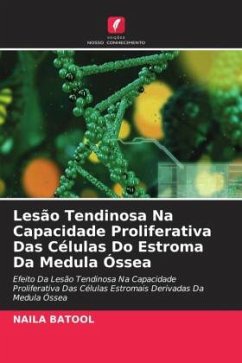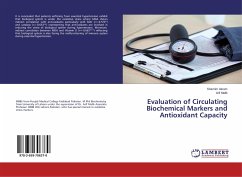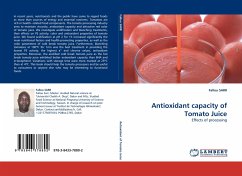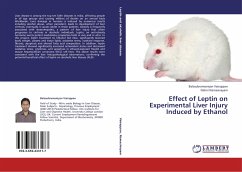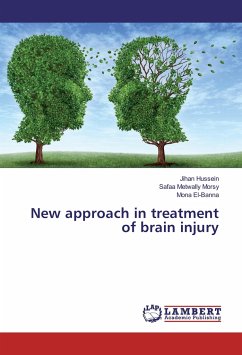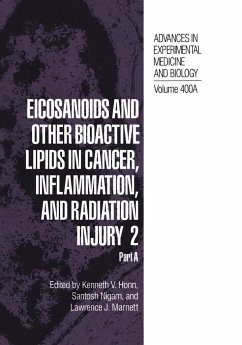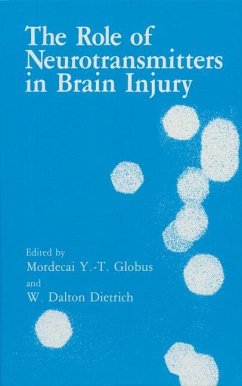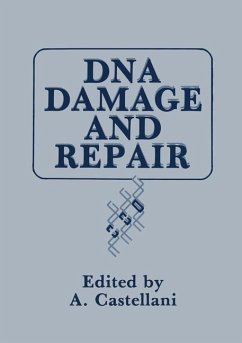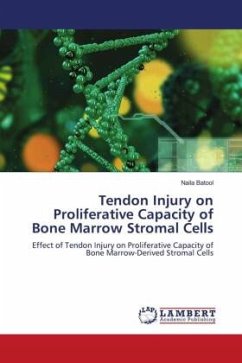
Tendon Injury on Proliferative Capacity of Bone Marrow Stromal Cells
Effect of Tendon Injury on Proliferative Capacity of Bone Marrow-Derived Stromal Cells
Versandkostenfrei!
Versandfertig in 6-10 Tagen
29,99 €
inkl. MwSt.

PAYBACK Punkte
15 °P sammeln!
Physical, biological, and chemical characteristics control the differentiation of potent cells. Regulation of Interaction between stem cells and their microorganisms can control the destiny of these cells since cell differentiation is immensely affected by the surrounding environment, a naturally occurring matrix with synthetic polymers which provide support for growth and differentiation. In this study, the effect of tendon injury on the proliferative capacity of stromal cells derived from the bone marrow of white albino rats (Mus musculus) has been studied. The tendon of the white albino rat...
Physical, biological, and chemical characteristics control the differentiation of potent cells. Regulation of Interaction between stem cells and their microorganisms can control the destiny of these cells since cell differentiation is immensely affected by the surrounding environment, a naturally occurring matrix with synthetic polymers which provide support for growth and differentiation. In this study, the effect of tendon injury on the proliferative capacity of stromal cells derived from the bone marrow of white albino rats (Mus musculus) has been studied. The tendon of the white albino rat was injured by physical means and the growth capacity of bone marrow cells was observed. The albino mice (Mus musculus) animal model was used during this study. Mesenchymal Stem Cells were isolated from the femur bone marrow stromal cells (MSCS). These cells were studied for antioxidant activity and sandwich ELISA was performed on these cells. The toxicity and metabolic activity of these cells were determined by carrying out MTT activity. Results indicated that treatment of injured tendons did not affect the proliferative, antioxidative, and angiogenic potentials of BMSCs.



